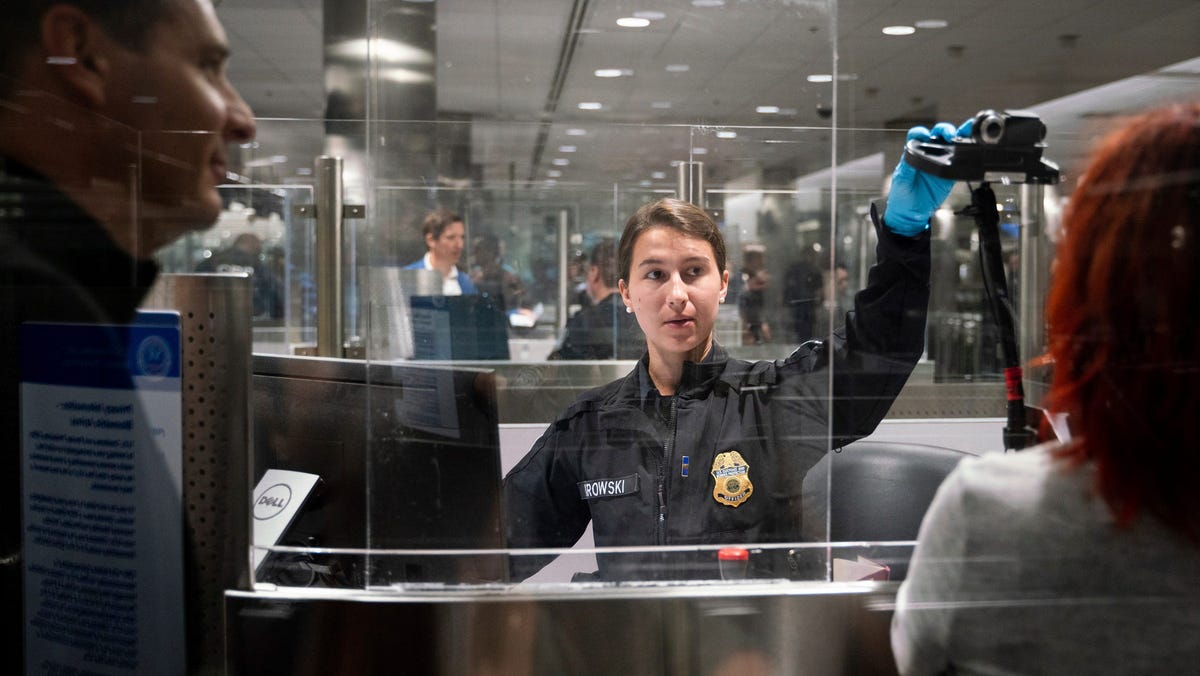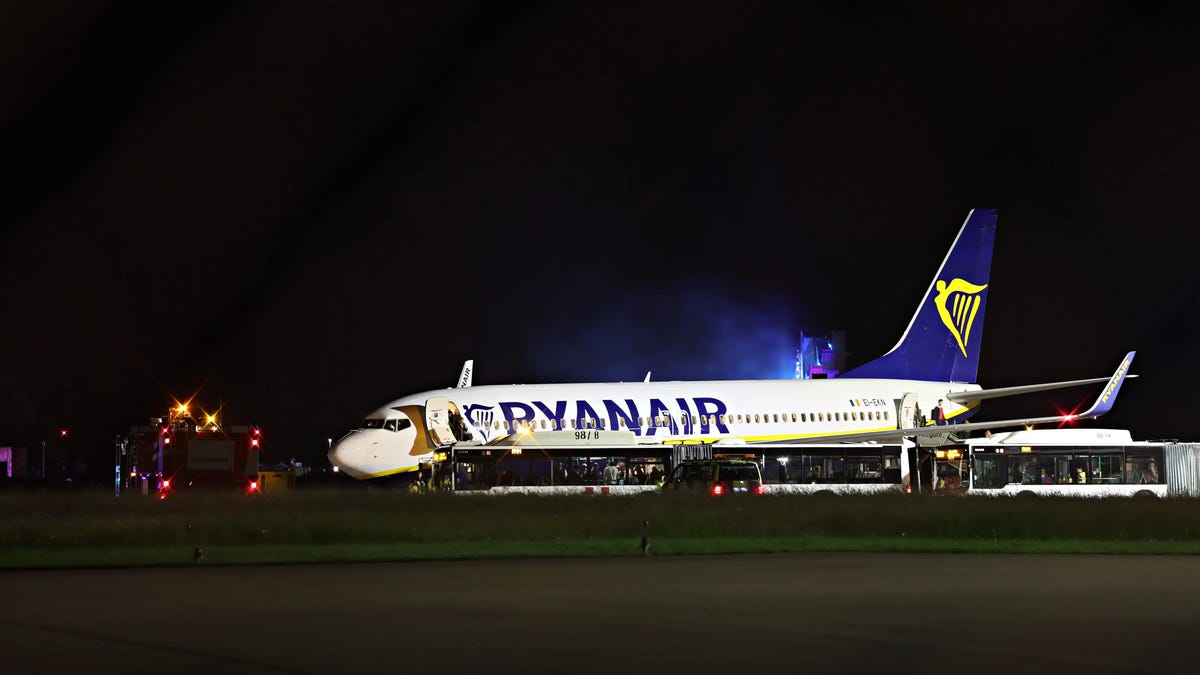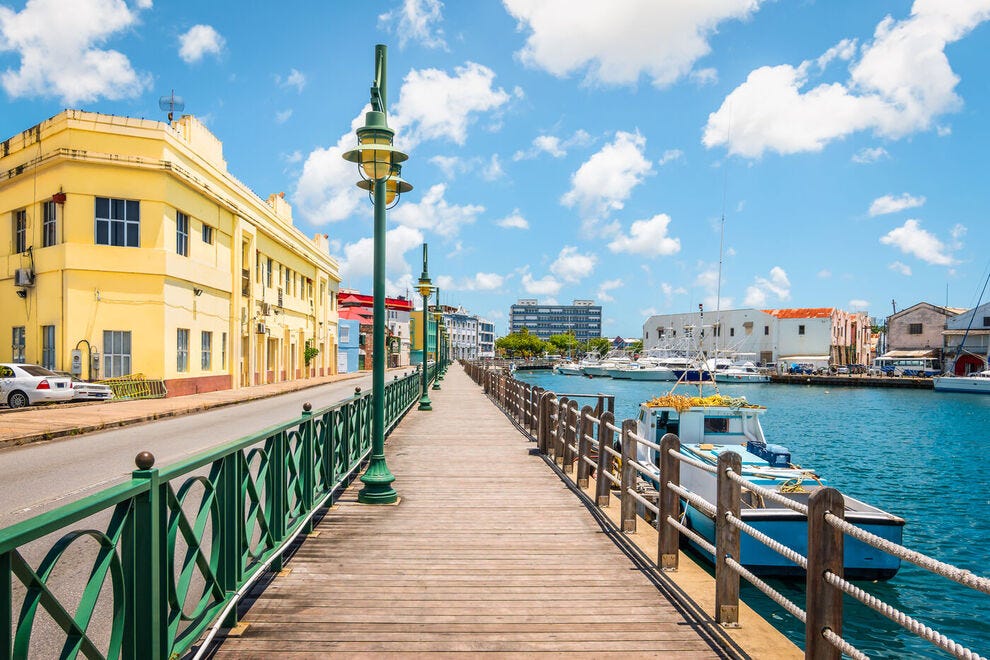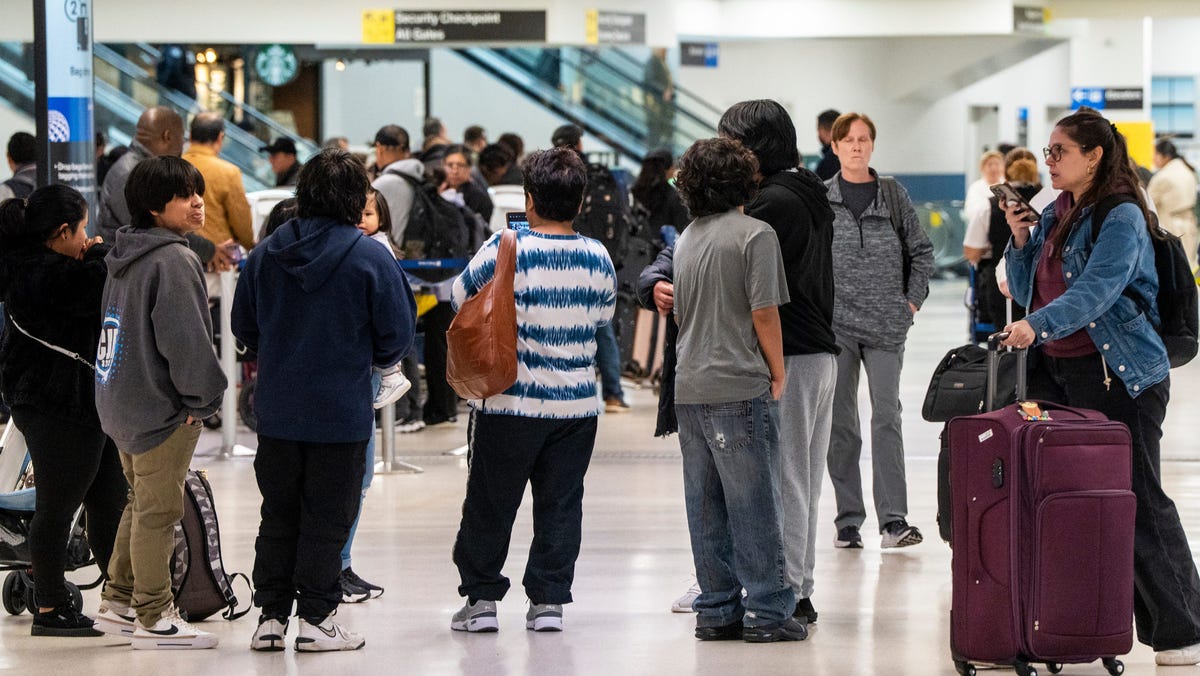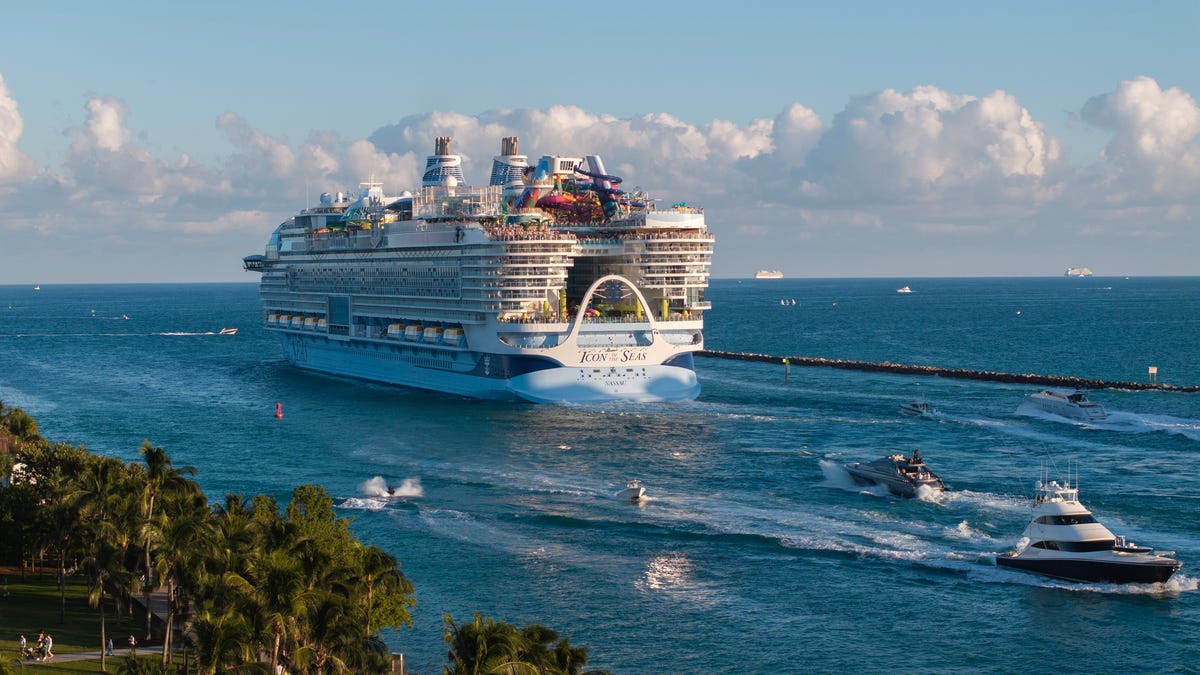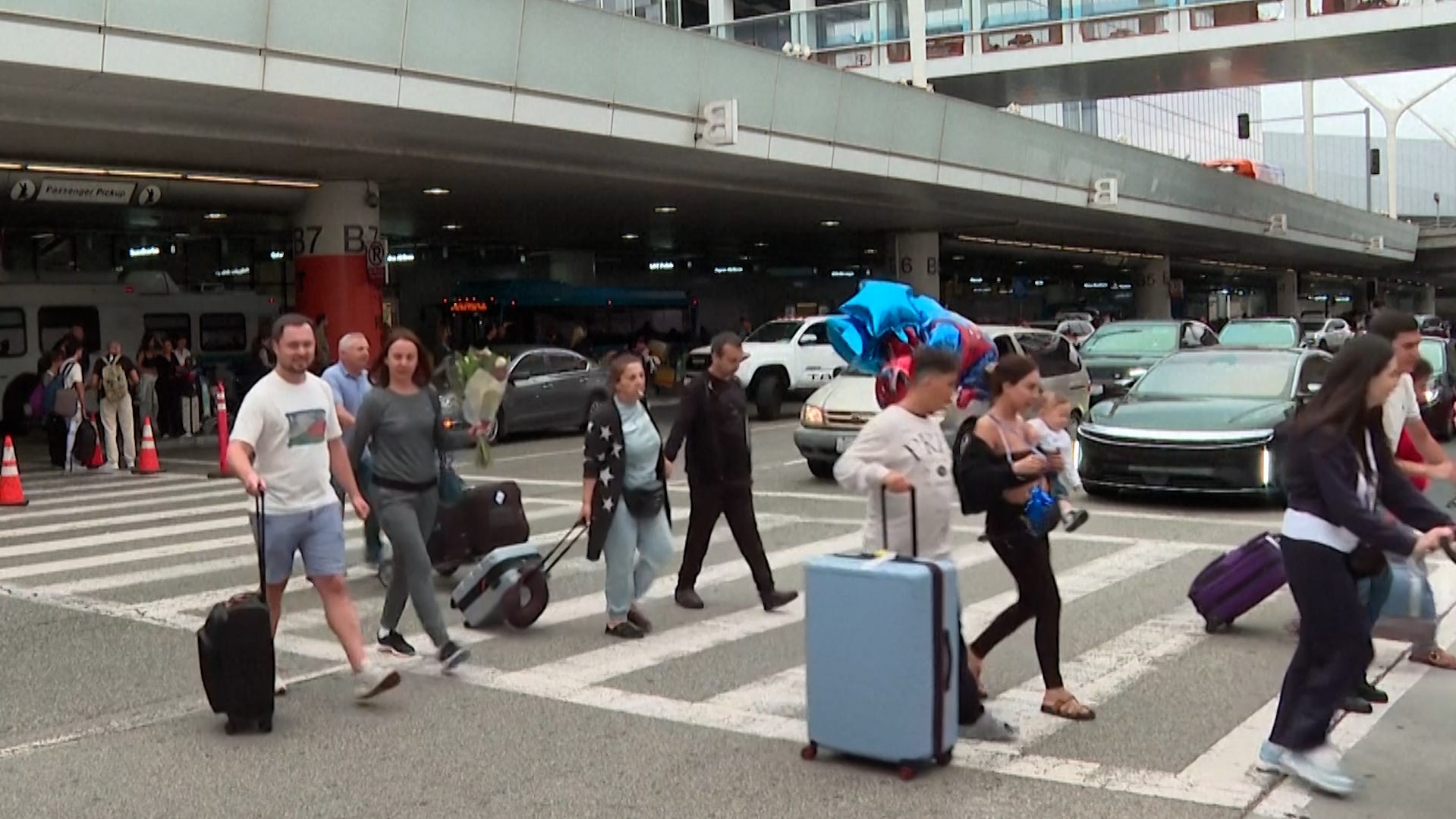
Travelers react to the latest travel ban from President Trump
“Pros and cons.” Travelers in Los Angeles responded to the news of President Donald Trump’s travel ban impacting nearly 20 countries.
President Donald Trump signed a sweeping new travel proclamation Wednesday that will bar or partially restrict entry from nearly 20 countries, citing national security concerns.
The ban prohibits travel into the U.S. for foreign nationals from Afghanistan, Burma, Chad, the Republic of Congo, Equatorial Guinea, Eritrea, Haiti, Iran, Libya, Somalia, Sudan and Yemen.
Trump issued travel suspensions for Burundi, Cuba, Laos, Sierra Leone, Togo, Turkmenistan, and Venezuela nationals.
The White House emphasized that the ban targets countries with “high visa overstay rates” and that are “deficient with regards to screening and vetting.”
There are similarities to Trump’s controversial 2017 “Muslim ban,” which targeted several majority-Muslim nations and faced widespread protests and legal challenges. Former President Joe Biden, a Democrat who served following Trump’s first term, repealed the ban in 2021, calling it “a stain on our national conscience.”
This latest ban includes exceptions for lawful permanent residents, current visa holders, and certain visa categories and “individuals whose entry serves U.S. national interests,” though those qualifications were not specified.
What should international travelers know?
The impact on international travelers varies: tourism, work, and student visa applicants from affected countries may face delays or denials. Those already in the U.S. may still be able to renew their visas, but reentry could be complicated.
The move fulfills one of Trump’s 2024 campaign pledges and follows a recent antisemitic attack in Colorado, which the president said on Truth Social, was “yet another example of why we must keep our Borders SECURE, and deport Illegal, Anti-American Radicals from our Homeland.”
Travelers should consult the U.S. State Department’s website or an immigration attorney for the latest guidance, especially if they are from or have family in one of the listed countries.
Which nationals are barred from entering the US?
The full travel ban applies to nationals of the following 12 countries:
- Afghanistan
- Burma (Myanmar)
- Chad
- Republic of the Congo
- Equatorial Guinea
- Eritrea
- Haiti
- Iran
- Libya
- Somalia
- Sudan
- Yemen
Additionally, partial restrictions are imposed on nationals from:
- Burundi
- Cuba
- Laos
- Sierra Leone
- Togo
- Turkmenistan
- Venezuela
When does the travel ban start?
The travel restrictions will take effect at 12:01 a.m. ET on Monday, June 9, 2025.
What happens to travelers from these countries when they arrive at an airport?
Travelers from the fully banned countries who attempt to enter the U.S. after the ban takes effect will likely be denied boarding by airlines or turned away upon arrival in the U.S. Those from partially restricted countries may face additional scrutiny, delays, or denial of entry, depending on their visa type and purpose of travel.
What will happen to those with tickets already?
Individuals from the affected countries who have already purchased tickets to travel to the U.S. should consult with their airlines and the nearest U.S. embassy or consulate. While some exceptions exist, most travelers from the fully banned countries are expected to be denied entry. Those from partially restricted countries may still be allowed to travel, subject to additional screening and requirements.
Travelers are advised to review the latest guidance from the U.S. Department of State and consult with immigration attorneys if they have concerns about their eligibility to enter the U.S. under the new proclamation.
Contributing: Reuters






